Healthy eating for pregnancy
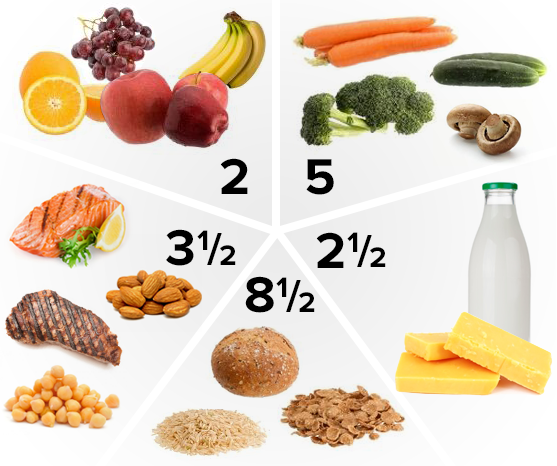
If you’re pregnant, each day aim for 2 serves of fruit; 5 serves of vegetables; 2½ serves of dairy or alternatives; 8½ serves of grains; and 3½ serves of lean meats, nuts and legumes.
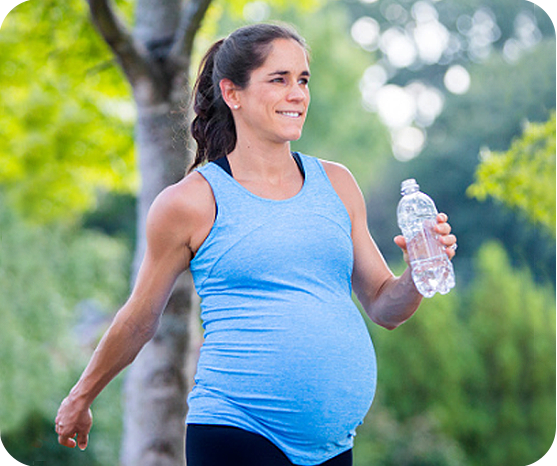
Increase your nutrient intake by eating a wide variety of healthy foods. Drink plenty of water. Talk to your midwife or doctor about pregnancy supplements for folic acid, iodine and other important nutrients.

In pregnancy, you can still eat allergenic foods that you’re not allergic to – for example, peanuts or eggs.
Important nutrients in pregnancy
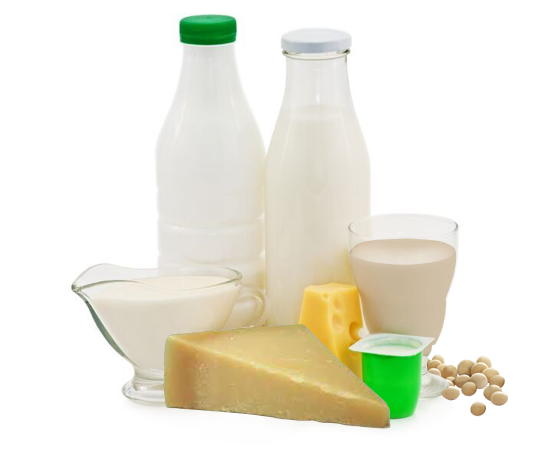

For protein, try lean meat, cooked eggs, salmon or tuna, beans, nuts, lentils, chickpeas and tofu.
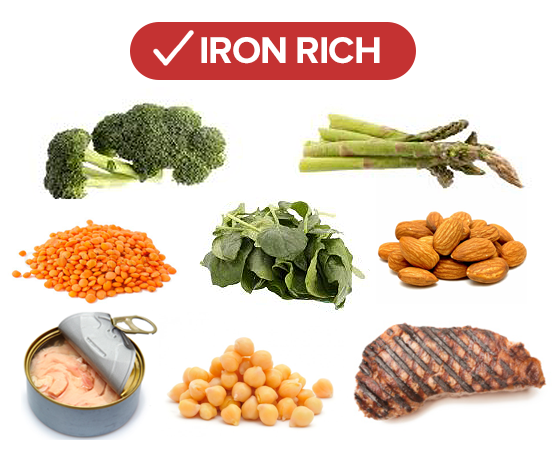
Foods with iron include lean red meat and canned tuna. Foods with iron and folate include beans, green leafy vegetables, tofu, fortified breakfast cereals, wholegrain foods and nuts.
Foods to avoid in pregnancy
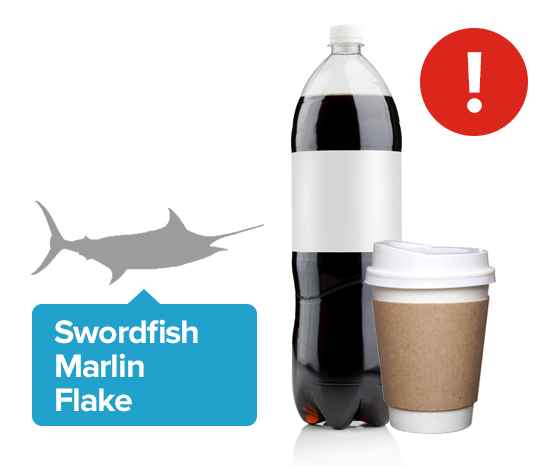
Limit fish high in mercury to 1 serve a fortnight. This includes swordfish, marlin and flake.
Limit caffeine to 200 μg a day – for example, no more than 1 espresso, 2 instant coffees, 4 cups of tea or 4 cans of cola. Avoid double-shot espresso and energy drinks.
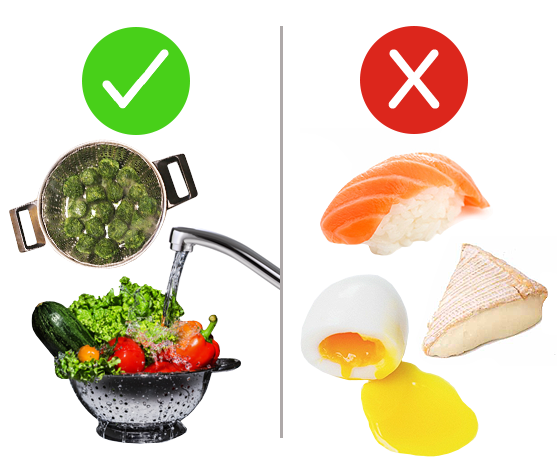
Reduce listeria and salmonella risk by avoiding ready-to-eat chilled food, soft cheeses, raw eggs and undercooked food, especially meat. Store and prepare food hygienically. Check use-by dates before eating.

Limit the amount of sugary and fatty foods that you eat. Don’t drink alcohol in pregnancy.
Languages other than English
- Arabic (PDF: 793kb)
- Dari (PDF: 806kb)
- Dinka (PDF: 865kb)
- Hakha Chin (PDF: 941kb)
- Karen (PDF: 861kb)
- Persian (PDF: 807kb)
- Simplified Chinese (PDF: 797kb)
- Swahili (PDF: 748kb)
- Tamil (PDF: 885kb)
- Vietnamese (PDF: 756kb)